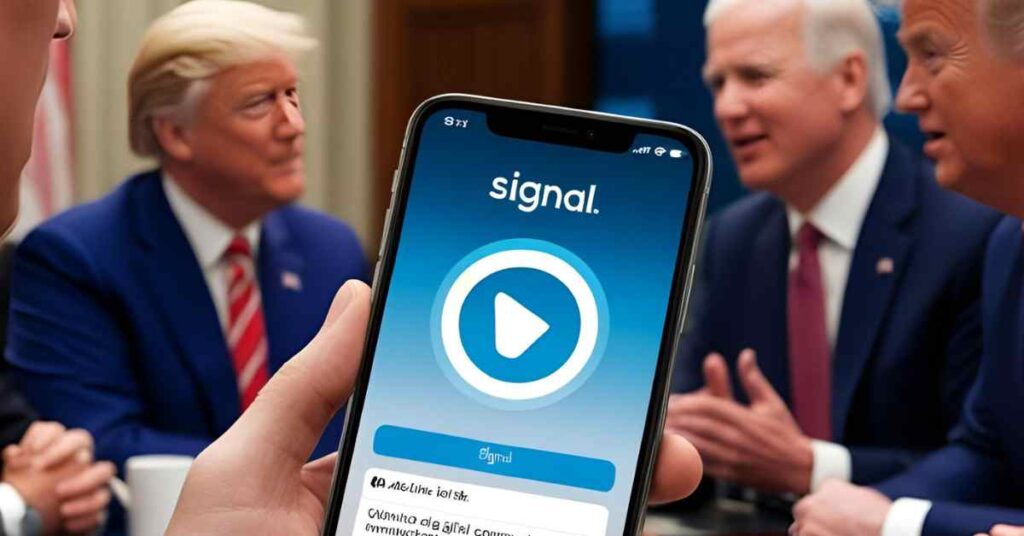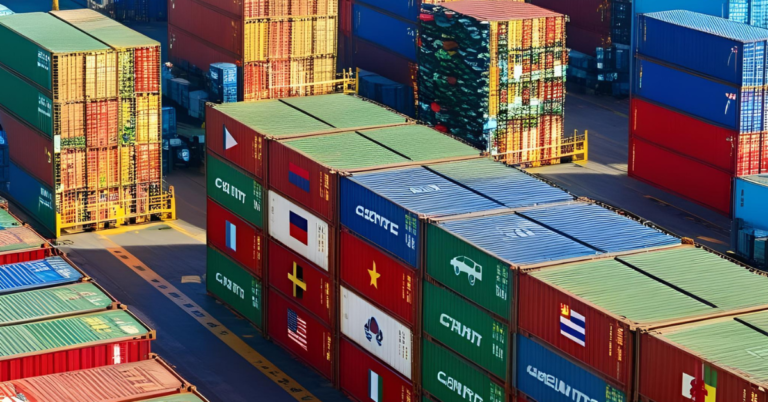
In a year marked by rapid news cycles and online engagement, a report by The Atlantic has emerged as the most viral news story of 2025. The article revealed that senior aides inadvertently shared sensitive military information in a Signal group chat, igniting a nationwide conversation about the blurred lines between secure communication and digital convenience.
The incident—quickly dubbed “Signalgate”—stemmed from a misstep involving high-ranking officials planning potential airstrikes in the Middle East. Due to an administrative oversight, The Atlantic’s editor-in-chief, Jeffrey Goldberg, was mistakenly added to the encrypted chat, granting him access to classified information about targets, tactics, and timing.
Goldberg’s subsequent exposé raised serious questions about the security of informal communication channels used by government officials, and the speed at which such messages can influence public discourse once leaked.

The breach has sparked debate on two fronts: national security and media responsibility. While former intelligence officials warn of the operational risks posed by the leak, others argue the story exemplifies the transparency role media should play in democratic societies.
President Trump responded by reaffirming support for his national security team, declining to dismiss any officials involved in the mishap. Critics, however, view the administration’s response as lacklustre, highlighting the need for stronger digital protocols and accountability.
The viral nature of this story also reveals a broader trend: the increasing power of messaging apps, social media, and independent outlets to shape public understanding of government affairs. In the age of instant information, the responsibility to balance urgency with ethics weighs heavily on journalists.
As media consumption evolves, “Signalgate” serves as a cautionary tale—one that underscores both the fragility of secure communication and the enduring responsibility of the press in a digitised world.
The breach has sparked debate on two fronts: national security and media responsibility. While former intelligence officials warn of the operational risks posed by the leak, others argue the story exemplifies the transparency role media should play in democratic societies.
President Trump responded by reaffirming support for his national security team, declining to dismiss any officials involved in the mishap. Critics, however, view the administration’s response as lacklustre, highlighting the need for stronger digital protocols and accountability.
The viral nature of this story also reveals a broader trend: the increasing power of messaging apps, social media, and independent outlets to shape public understanding of government affairs. In the age of instant information, the responsibility to balance urgency with ethics weighs heavily on journalists.
As media consumption evolves, “Signalgate” serves as a cautionary tale—one that underscores both the fragility of secure communication and the enduring responsibility of the press in a digitised world.
The breach has sparked debate on two fronts: national security and media responsibility. While former intelligence officials warn of the operational risks posed by the leak, others argue the story exemplifies the transparency role media should play in democratic societies.
President Trump responded by reaffirming support for his national security team, declining to dismiss any officials involved in the mishap. Critics, however, view the administration’s response as lacklustre, highlighting the need for stronger digital protocols and accountability.
The viral nature of this story also reveals a broader trend: the increasing power of messaging apps, social media, and independent outlets to shape public understanding of government affairs. In the age of instant information, the responsibility to balance urgency with ethics weighs heavily on journalists.
As media consumption evolves, “Signalgate” serves as a cautionary tale—one that underscores both the fragility of secure communication and the enduring responsibility of the press in a digitised world.



